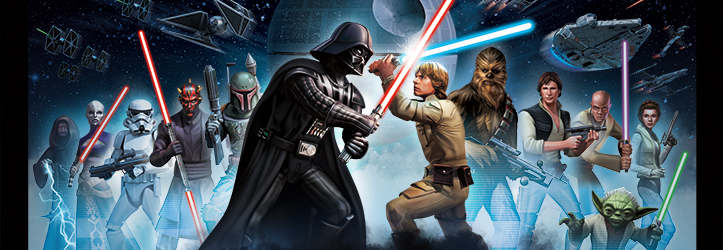Comic books have long been a staple of popular culture, captivating audiences of all ages with their colorful characters, gripping narratives, and stunning artwork. From superheroes saving the world to epic tales of adventure and intrigue, comic books offer a diverse range of stories that continue to resonate with readers around the globe. In this comprehensive exploration, we delve into the dynamic world of comic books, examining their history, impact, and enduring appeal.
Introduction
Comic books have a rich and storied history, dating back to the early 20th century when they first gained popularity in the United States. Since then, they have evolved into a global phenomenon, captivating audiences across generations and cultures. From their humble beginnings as pulp magazines to their current status as multimedia franchises, comic books have left an indelible mark on popular culture.
The History of Comic Books
The history of comic books can be traced back to the late 19th century, with the publication of illustrated stories in newspapers and magazines. However, it wasn’t until the 1930s that comic books as we know them today began to emerge, with the introduction of iconic characters like Superman, Batman, and Wonder Woman. These early superheroes captured the imagination of readers and laid the foundation for the comic book industry.
Evolution of Art and Storytelling
Over the decades, comic books have undergone significant changes in both art and storytelling. From the Golden Age of comics in the 1930s and 1940s to the Silver Age in the 1950s and 1960s, each era brought new styles, genres, and themes to the medium. The rise of underground comics in the 1960s and 1970s challenged traditional conventions and pushed the boundaries of censorship, paving the way for more mature and experimental storytelling.
Iconic Characters and Universes

One of the defining features of comic books is the rich tapestry of characters and universes they have created. From the superhero worlds of Marvel and DC Comics to the fantasy realms of independent publishers, comic books offer a vast array of iconic characters, each with their unique powers, personalities, and storylines. Whether it’s the tragic heroism of Spider-Man or the cosmic adventures of the X-Men, comic book characters continue to captivate audiences with their larger-than-life exploits.
The Influence of Comic Books
Comic books have had a profound influence on popular culture, shaping the way we view heroes, villains, and the world around us. They have inspired countless movies, television shows, video games, and merchandise, becoming an integral part of mainstream entertainment. The themes and messages explored in comic books, from social justice and equality to the power of hope and redemption, resonate with audiences of all ages and backgrounds.
Diversity and Representation
In recent years, comic books have made significant strides in diversity and representation, reflecting the rich tapestry of the real world. From LGBTQ+ superheroes to characters of diverse ethnicities and backgrounds, comic books are increasingly inclusive and representative of the diverse society we live in. This shift towards greater diversity has been celebrated by fans and creators alike, highlighting the importance of representation in popular media.
Digital Age and Comic Books
The advent of the digital age has revolutionized the comic book industry, making it easier than ever for fans to access their favorite titles. Digital comics offer a convenient and affordable alternative to traditional print editions, allowing readers to purchase and read comics on their computers, tablets, and smartphones. Digital platforms also provide opportunities for independent creators to reach a wider audience and explore new storytelling techniques.
Comic Book Collecting
Comic book collecting has been a popular hobby for decades, with collectors eagerly seeking out rare and valuable issues to add to their collections. From vintage classics to modern variants, comic books hold a special place in the hearts of collectors, who value them not only for their monetary worth but also for their cultural significance and historical importance. Comic book conventions and events provide opportunities for collectors to connect with fellow enthusiasts and celebrate their shared passion for the medium.
The Future of Comic Books
As we look to the future, the possibilities for comic books are endless. Advances in technology, storytelling, and distribution continue to push the boundaries of the medium, offering new opportunities for creativity and innovation. Whether it’s through interactive digital comics, immersive virtual reality experiences, or groundbreaking storytelling techniques, comic books are poised to remain a vibrant and influential form of entertainment for generations to come.
Frequently Asked Questions
No, comic books are enjoyed by audiences of all ages, with titles ranging from kid-friendly to mature and complex.
While some comic books can be valuable collectors’ items, it’s important to collect what you enjoy rather than solely for investment purposes.
Yes, many comic book publishers offer digital editions of their titles for purchase and download through various online platforms.
Start by exploring different genres and publishers to find what interests you, and consider joining online communities or local comic book clubs for advice and recommendations.
“The Adventures of Obadiah Oldbuck,” published in 1837, is considered the first comic book.


